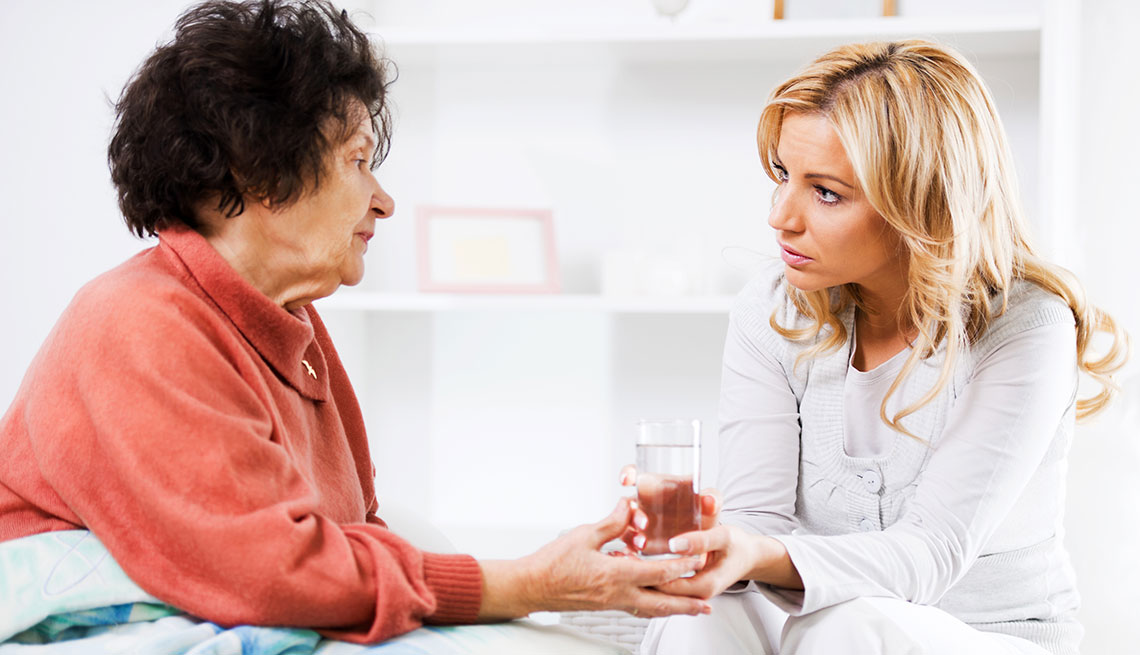
What to say to a dying friend, someone who's sick
- Select a language for the TTS:
- UK English Female
- UK English Male
- US English Female
- US English Male
- Australian Female
- Australian Male
- Language selected: (auto detect) - EN
Play all audios:

"We hear all the time from CaringBridge users that the only 'wrong' thing to say is nothing at all,” says Ojala. “And that happens more often than you might think,” she adds.
“Even the nicest, kindest, most loving people in the world sometimes ignore or don’t know how to face the elephant in the room. A simple ‘I love you’ or ‘I’m thinking of you’ if you’re not
sure what else to say, is probably just the right touch,” stresses Ojala. If you’re really stumped about what to say, it’s OK not to address the illness directly, but “ask what you can do
and to make sure the person knows you’re there and available,” says Kimberly Borzym, a chaplain at Advocate Hospice in Chicago. DO MAKE CLEAR THAT YOU’LL BE THERE FOR THEM “So many ‘friends’
disappear when one has a terminal illness,” says Maxey. “I guess death brings the idea of their own mortality uncomfortably close.” Maxey, who now lives in Nicaragua, says her current
community is a lifeline because they follow through. “A funny card or email, a meal, picking up meds or coming over one day to wash our clothes, clean our kitchen or bathroom; that all means
the world,” she says. Her advice for helping someone in her position? “Don't just tell us to call if we need help. Chances are we won't ask, not wanting to be a burden. Help us
without waiting to be asked. Believe me, it will be appreciated, both for the help and for the fact of not being forgotten.” Be as specific and concrete as possible about any potential
assistance. “People often say, ‘if you need anything, call me,’ but that puts the onus on the person dealing with the life-threatening disease,” says Rebecca Axline, a licensed clinical
social worker at the Houston Methodist Neurological Institute. “Instead, say, ‘Can I bring a casserole by Thursday?’ or drop off a gift card for a massage or dinner at a local restaurant.”
DO BE CAREFUL ABOUT SAYING, “I’LL PRAY FOR YOU” If you both belong to the same church or synagogue, and you know religion is an important part of a friend or acquaintance’s life, that’s one
thing. But “it’s a mistake to assume that someone shares your spiritual beliefs,” says Jennifer FitzPatrick, a professor of gerontology at Johns Hopkins University and author of _Cruising
Through Caregiving: Reducing the Stress of Caring for Your Loved One._ This is particularly true if you’re not sure about their views on death and the afterlife. If you’re not sure about
their religious beliefs, keep God, heaven, and other spiritual reassurances out of it. DO TRY TO CREATE A SEMBLANCE OF NORMALCY
